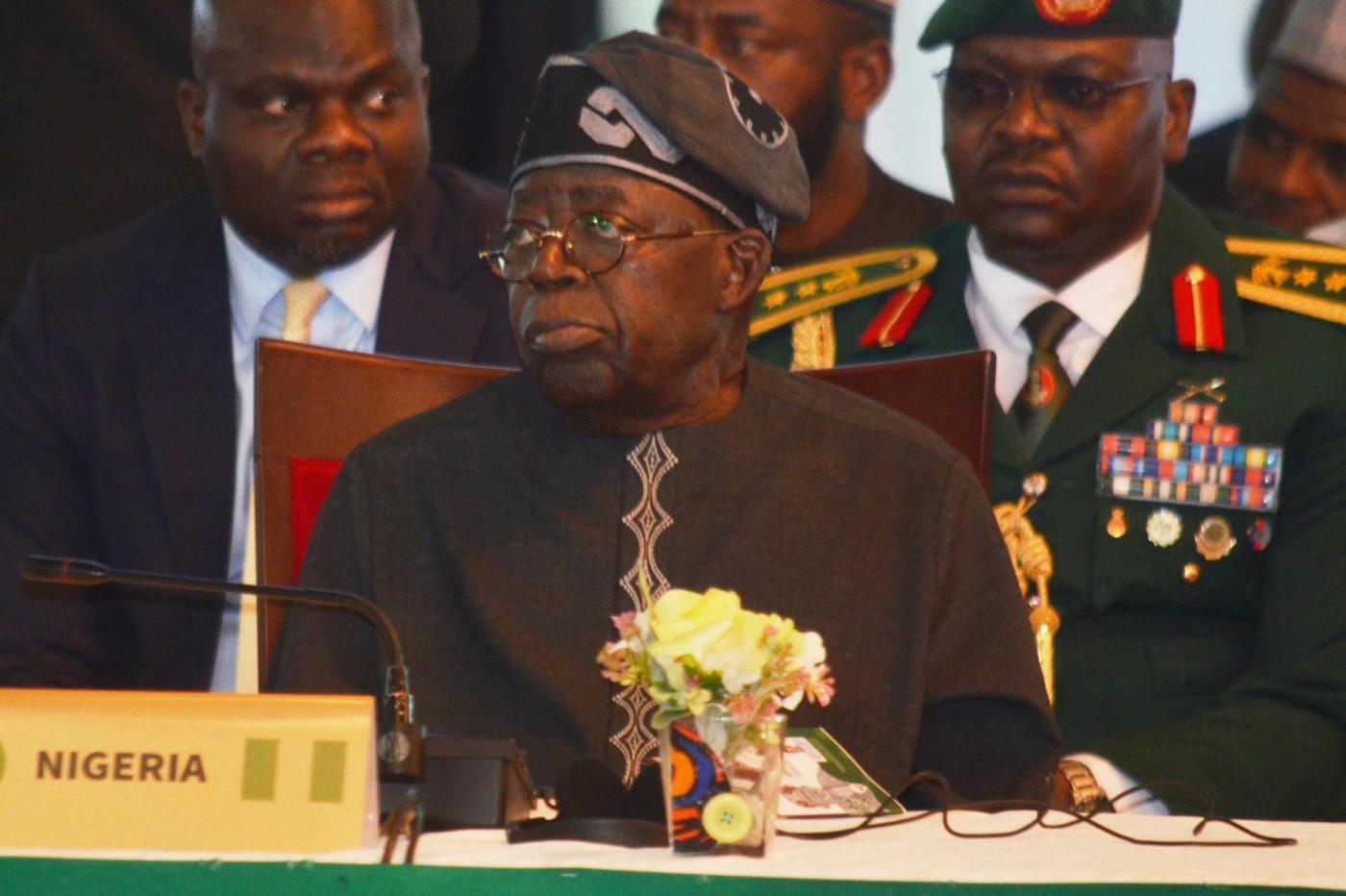UPDATE: In a surprising move during Wednesday night’s mayoral debate, Zohran Mamdani confirmed he would retain Jessica Tisch as NYPD Commissioner if elected, challenging expectations from his progressive supporters. This decision, which aligns with earlier reporting from the New York Times, signals a potential continuity in leadership amid calls for transformative reforms.
Tisch has been at the helm of the NYPD since late 2024, appointed by former Mayor Eric Adams during a tumultuous period marked by the resignation of two previous commissioners. Mamdani praised Tisch’s efforts, stating, “Commissioner Tisch took on a broken status quo, started to deliver accountability, rooting out corruption and reducing crime across the five boroughs.”
However, this announcement has sparked immediate backlash from advocates for police reform. Alex Vitale, a professor at Brooklyn College and an advisor to Mamdani’s campaign, warned that keeping Tisch could undermine Mamdani’s ambitious plans to establish a new department dedicated to mental health and community safety outside the NYPD. “With her running the NYPD, the NYPD is going to stymie his initiatives,” Vitale cautioned.
Reports indicate that business leaders have pressured Mamdani to retain Tisch, who has connections to wealthy families opposing his campaign. Tisch, however, declined to comment on the debate’s outcome or her future with the NYPD.
The ongoing tensions between Mamdani and Tisch over criminal justice reform reflect a broader discourse in New York City. Tisch has publicly disagreed with Mamdani on critical issues, including the impact of the 2020 bail reform laws, which eliminated cash bail for most non-violent offenses. While Tisch attributes the recent crime surge to these laws and a growing mental health crisis, Mamdani frequently cites research indicating crime has risen post-pandemic in states without such reforms.
Their differing views extend to the Raise the Age law, a 2018 statute that reduced penalties for minors. While Mamdani defends its implementation, Tisch has criticized its efficacy, highlighting her commitment to public safety and accountability.
Despite their conflicting positions, Mamdani’s support for Tisch indicates a willingness to collaborate on crime reduction and corruption issues, a stance he has maintained for some time. During her previous role leading the city’s sanitation department, Tisch initiated the city’s trash containerization program and addressed the high-profile “war on rats.”
As the political landscape shifts, all eyes are now on Mamdani’s campaign and how his choice to keep Tisch could affect his reform agenda. This announcement raises critical questions about the future direction of policing in New York City and the balance between reform and continuity.
The implications of this decision will be closely monitored as Mamdani moves forward in his campaign. Voters and advocates alike are keen to see how this choice will influence his vision for a safer, more equitable New York City.







